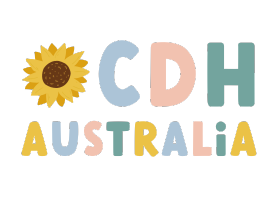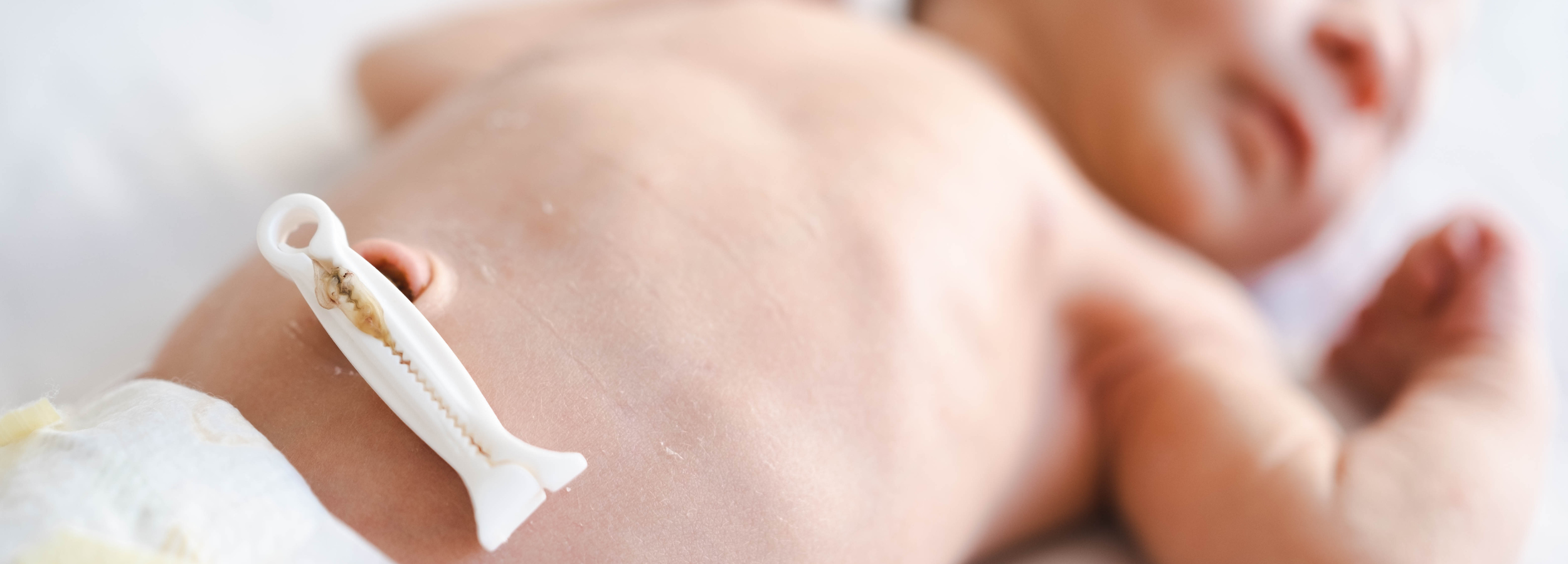cdha research
Our generous donors and supporters have helped us to fund three research projects with the aim of improving outcomes for babies born with Congenital Diaphragmatic Hernia. By funding research we are offering our community a brighter future.
current research
Gaps in the CDH Journey: Priority-Setting Partnership between CDH Australia, Murdoch Children’s Research Institute and James Lind Alliance
CDH Australia partnered with Murdoch Children’s Research Institute and James Lind Alliance to fund and deliver a research paper outlining the unanswered questions relating to CDH care in Australia.
Involving members of the CDHA community, as well as medical and allied health experts involved in the care of CDH families, the project’s research was published in the Archives of Disease in Childhood (ADC) in 2024.
This is an international and peer-reviewed journal specialising in child health. As an official journal of the Royal College of Paediatrics and Child Health, ADC provides paediatricians with the most recent, relevant and original research reports, commentaries, clinical and policy reviews, and education.
Publication of the research study increases viewership of the study and its results. This publication will reach, and be read by, clinicians, researchers and academics, thereby increasing knowledge of Congenital Diaphragmatic Hernia, and increasing the likelihood of further research into the Top 10 CDH Research Priorities
The Gaps in the Congenital Diaphragmatic Hernia (CDH) Journey Priority Setting Partnership (PSP) was developed as a collaboration between CDH Australia (CDHA) and the Murdoch Children’s Research Institute (MCRI). Guided by the James Lind Alliance (JLA) the project aimed to identify questions and priorities of people with a lived experience of Congenital Diaphragmatic Hernia (CDH), their caregivers, and healthcare providers.
Lead Researcher and Principal Investigator: Dr Trisha Prentice
Project Coordinator: Jean Hellstern
JLA Advisor: Tamara Rader
Steering Group Clinical Representatives: Dr Trisha Prentice, Dr Monique Bertinetti, Dr Roberto Chiletti, Nadine Griffiths, Dr Leah Hickey, Valerie Kyritsis, Dr Stephanie Malarbi, Dr Scott Petersen, Professor David Tingay
Steering Group Patient and Carer Representatives: Courtney Vodopic, Susan Fisher, Val Manuelpillai, Emiko Hunt, Caitlin Thouliss, Jessica Lawer.
From July 2022 the steering group met regularly, and were responsible for all aspects of the PSP design and scope. This included:
- Management of pregnancies where CDH has been antenatally detected.
- Counselling and communication to families about management of CDH.
- Postnatal management, including resuscitation, stabilisation, surgical intervention and postoperative management.
- Longer-term follow-up and management of patients with CDH; care of expectant parents previously diagnosed with CDH.
- Improving the well-being of patients and families who have been directly impacted by a diagnosis or care of a child with CDH.
The PSP limited the scope to services relevant to Australian practice.
Standardised JLA methodology was used.
The steering group was established in July 2022, consisting of CDHA personnel, community members with lived experience of CDH, and multidisciplinary health professionals with expertise in the care and management of children affected by CDH.
The initial survey was distributed from 13 November 2022, resulting in 377 questions about “gaps in the CDH journey” from 175 respondents. The steering group removed 54 questions which were not deemed to be within scope, or answerable by research, and a further four questions with relevant research already evident.
Further prioritisation resulted in the Top 50 research questions. These were put out in a second survey (19 June 2023), which had 108 respondents and led to the formulation of the Top 21 research questions.
The final stage in the process was a workshop. This was divided into two sessions on consecutive days (2 and 3 August 2023). Ten CDHA community members and 11 healthcare professionals discussed the 21 research questions, and collaboratively proposed the re-prioritisation of the research questions, resulting in the Top 10.
Congenital diaphragmatic hernia (CDH) is a life-threatening condition requiring multicentre research collaboration to advance outcomes throughout the CDH journey. This project described the top 10 CDH-related research questions as defined through an Australian Research Priority Setting Partnership involving healthcare professionals and the CDH community.
Research collaborations targeting the defined research priorities for CDH are likely to have the greatest impact for children born with CDH throughout their lifetime and their families.
further research
2020
We donated $30,000 to The Hudson Institute of Medical Research in Melbourne to purchase a Concord Birth Trolley Table for participation in a global medical trial. The Concord Table will enable the medical team to improve birth for babies who need support by providing lifesaving care with the umbilical cord intact. Close to mum, bub will have the maximum benefit of blood from the placenta; and as we now know, delaying cord clamping has been shown to be beneficial where lung aeration is compromised.
It is hoped that our participation with The Hudson Institute, and the purchase of the Concord Table, will accelerate progress of the trial and provide vital experience to Australian clinicians on the logistics involved in providing support for babies born with CDH.
2018
We proudly funded our first CDH research grant into new therapies and treatments for babies diagnosed with this condition.
With the help of fundraisers and donors in the CDH community, we contributed $30,000 to a CDH research project with The Fetal Therapy Research Group to investigate new therapies that could help CDH babies’ lungs develop better during pregnancy.
The Fetal Therapy Research Group at The Ritchie Centre (Monash University and Hudson Institute of Medical Research) is working towards improving outcomes for babies who have difficulty breathing at birth due to CDH.
One researcher, Dr Aidan Kayshap, focuses on improving lung development in these babies before they are born, so that one day all babies with CDH, and their parents, can breathe a little easier. This research contributed to the discovery of the benefits of delaying umbilical cord clamping at birth in infants with CDH.



